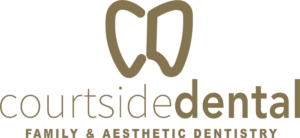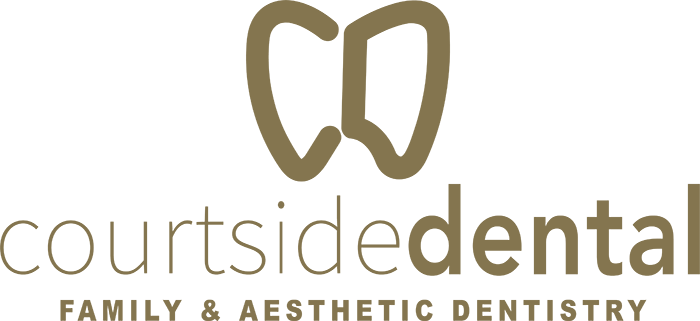
Oral Hygiene and Your Dental Implants

You likely already know that if you want a healthy smile, you’ve got to invest time and effort into your oral care routine. This sentiment remains true even after our Portage, MI, dentist has performed dental implant surgery.
Sure, they’re not natural teeth, but they are still prone to causing oral health issues if not cared for properly. You’ll have to be committed to keeping your entire smile clean and that includes tooth replacements, like implants.
Here are a few tips to remember when it comes to the care of your dental implants.
Stick to Soft and Sensitive Oral Care Items
After you receive dental implants, you’ll want to switch over to a soft toothbrush and sensitive cleaning products if you haven’t already. These items will prevent any discomfort that may occur and allow for easier oral care.
Nylon toothbrushes work great as the bristles are flexible and gentle. Toothbrushes containing hard bristles, however, can scratch the surface of your implants. Any type of metal instrument should be avoided when cleaning dental implants as well.
Try to also stay away from any toothpaste or mouthwash that is abrasive. Products of this nature can damage the natural enamel of your other teeth and intense flavors can result in an uncomfortable mouth feeling.
Remember to Brush and Floss Daily
Even with dental implants, you should continue to brush your teeth at least twice a day and floss daily. In fact, it’s more important to floss after you have received dental implants due to possible plaque accumulation.
Yes, plaque can easily build up around your implants which can result in other oral hygiene issues, like gum disease. Luckily, there are many types of string floss and handheld flossers on the market that are targeted toward people with dental implants.
Have trouble remembering to floss? Set a reminder on your phone or do it while watching tv so it doesn’t feel like much of a chore.
Give Up Smoking or Other Tobacco Use
In general, Dr. Paul recommends that you avoid smoking for your overall health. It is especially vital to abstain from this habit when you have dental implants as smoking can interfere with the healing process following surgery.
Dental implants take about 6 months to heal fully so smoking during this sensitive time can be damaging. For the sake of your teeth, gums, and body, we urge you to quit smoking if possible.
Watch Your Intake of Sticky or Hard Foods
Eating any food that is inherently sticky or hard can damage your dental implants soon after recovery. Furthermore, these types of foods can also be harmful to your natural teeth if consumed too regularly.
While dental implants differ from dentures in that they allow for a less restricted diet, proper healing needs to occur first. After your dental implant procedure, try to eat soft foods so your mouth and jaw can rest.
During the healing process, try to avoid these types of foods:
- Caramel
- Ice
- Hard candies
- Gum
- Apples
- Crusty bread
Once you are fully healed and cleared by Dr. Paul, you are welcome to eat your favorite foods again!
See Our Dentist on a Regular Basis
Dental implants will restore your smile but unfortunately, they will not absolve you of all future dental issues. Dr. Paul would still like to see you for routine teeth cleanings every 3-6 months to monitor your oral health.
A visit to our Portage, MI, dental office will also provide you with an opportunity to bring up any concerns you might have regarding your implants. Dr. Paul will check on the condition of your dental implants and provide you with helpful advice on care techniques if needed.
Make an Appointment Today
At Courtside Dental, education and prevention is a huge part of what we do. Our dental implants dentist in Portage, MI, loves teaching individuals about how they can keep their natural teeth and restorations clean post-procedure. If you have questions, please don’t hesitate to call (269) 327-1011 to request an appointment.
This blog post has been updated.

